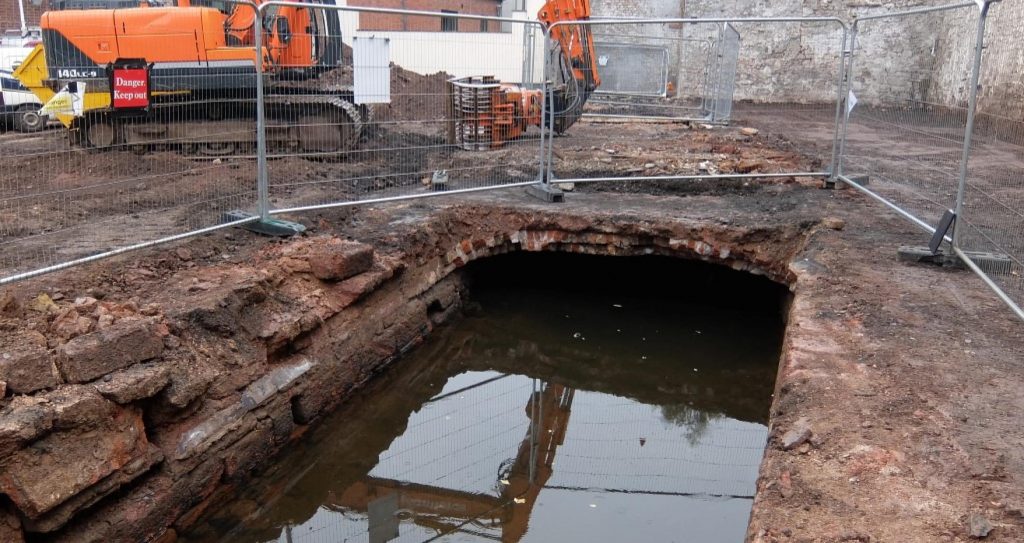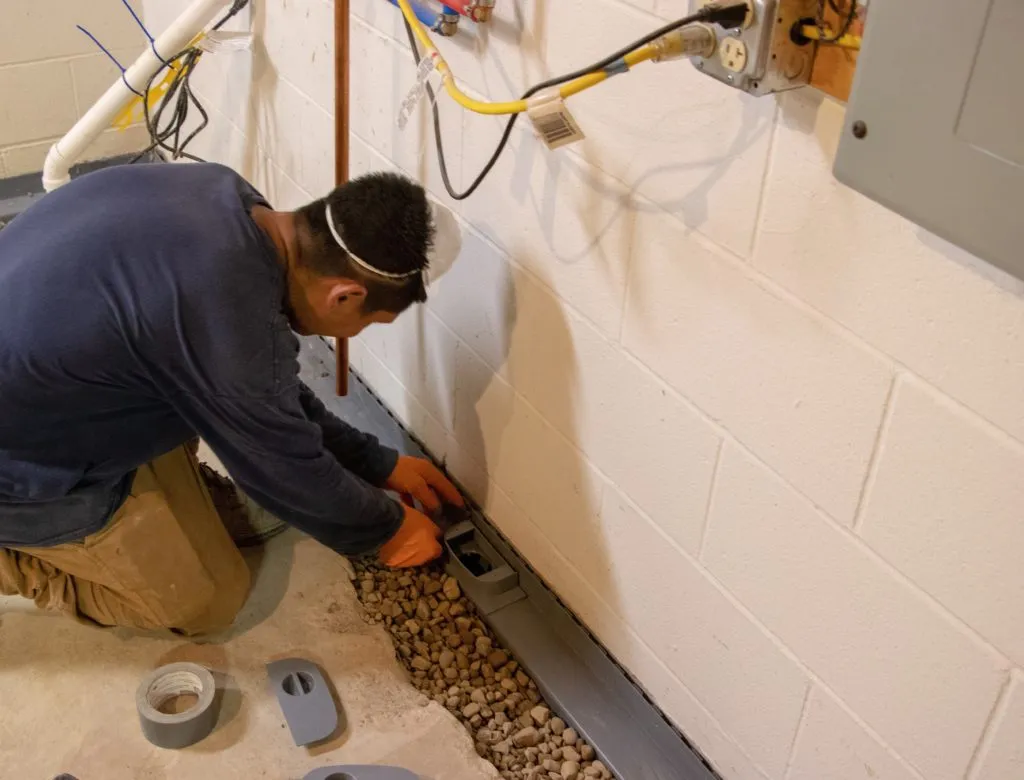Learn In regards to the Importance of Efficient Drainage in Exeter
Why is drainage important?
There are many things which define the quality of a property, whether residential or commercial. A complete and comfortable residential property or a business site must have some essential utilities such as water supply, power supply, drainage, etc.
No property can be considered complete without these utilities. An operational and effective drainage system is essential for several reasons including wastewater disposal, rainwater disposal, protecting your property from moisture, protecting the environment, and ensuring that your property does not stink.
Every day we use a considerable amount of water in our bathrooms and kitchens, if it is not disposed of properly one can only imagine the repercussions.
Imagine that there is no rainwater Drainage Exeter system, in an area where rainfall is higher than normal, it would result in flooding, while flooding itself will result in the spread of germs and bacteria which would, in turn, spread diseases among people and animals. Therefore, a safe and pleasant environment must have a proper drainage system in place.
What types of drainage systems are there?
In the UK, there are three basic types of drainage systems. These include :
- Storm/rain & Surface water drainage
- Grey or foul water drainage
- Combined drainage of the above two types.
The first step required when installing a new drainage Exeter system or modifying an existing one is the identification of the system types which are highly suitable according to the area.
Do you have/need a dual system with independent drainage of surface and foul water? do you have/need a combined system ? which uses the same pipelines for surface as well as foul water?
A few very basic steps can help you identify which system or systems suit your property best. These include :
Property Age
If you are building a new home, then you can choose from any of the above systems or a combination of them. You may want to hire a local civil/construction company which knows the area and has considerable experience.
For instance, if you are living in Exeter then you should hire civil works experts who have installed several drainage Exeter systems with success. If you are living or moving to a property which dates back to the 1970s but is not older, the property most probably has a dual system, however, that still needs to be checked by your contractor.
Quantity & Layout of manhole covers
DUAL systems usually have a higher number of manhole covers, sometimes there are even two side-by-side. Single or independent systems typically have fewer covers.
Presence of sewage waste
If you pick up the manhole cover and find sewage then chances are that it is either a foul drainage system or a combined one. You will often find toilet tissue hanging with the channels or the benching within manholes and inspection chambers.
Surface Sources of drainage
- Rainwater pickups
- Road or Yard Gullies
- Linear drains
Foul sources of drainage
- Kitchen waste
- A vent pipe and toilet/soil
- Bidet/shower/bath/shower
- Industrial processes
Soakaways:
Some properties have surface water drained to soakaways, the older these are the higher the chances for silting-up resulting in water-logging issues. If large surface areas of Slabbing (50m² or larger) are to be drained into soakaways, their efficacy should be first checked by placing a garden hose and providing medium flow in any of the feeder gullies for two to four hours.
If it is clear that the soakaway cannot withstand the inflow, then a new soakaway will have to be built or the existing one will have to be modified.
SUDS ( Sustainable Drainage Schemes )
SUDS stands for Sustainable Drainage Systems or Sustainable Drainage Systems. It involves different methodologies for sustainably managing drainage systems. It promotes the usage of technologies which have little or no impact on the environment while dealing with effluent, sewage, greywater, and surface run-off.
The realisation has become stronger that people should not send everything they are not sure of too expensive (ETWs) Effluent Treatment Works or dump rainwater directly into rivers and streams.
ETWs demand excessive long-term investments with very high lead times. The ones in the UK are already struggling to handle all the waste in them. A large proportion of the drainage which is being treated does not require costly treatments such as filtering, sedimentation, or flocculation.
When you consider surface water, such as the run-off from pavements, slabbing, and roofs, it does not require cleaning or treatment before it is returned to the environment. Simple techniques and methods can be employed to catch contaminants and sediment before releasing the water
One of the SUDS applications for draining surface water often makes use of the surface as a water collection channel which slows down the water flow and provides a much larger greater storage capacity.
In contrast, traditional piping provides little storage and releases the collected water into a watercourse quickly.
Benefits of SUDS
SUDS have numerous benefits including :
- Effective management of rainwater ( at source ) and flood control
- Pollution control
- Effective recharging of aquifers and groundwater.
- Reduced maintenance and construction costs
- Improved environment



